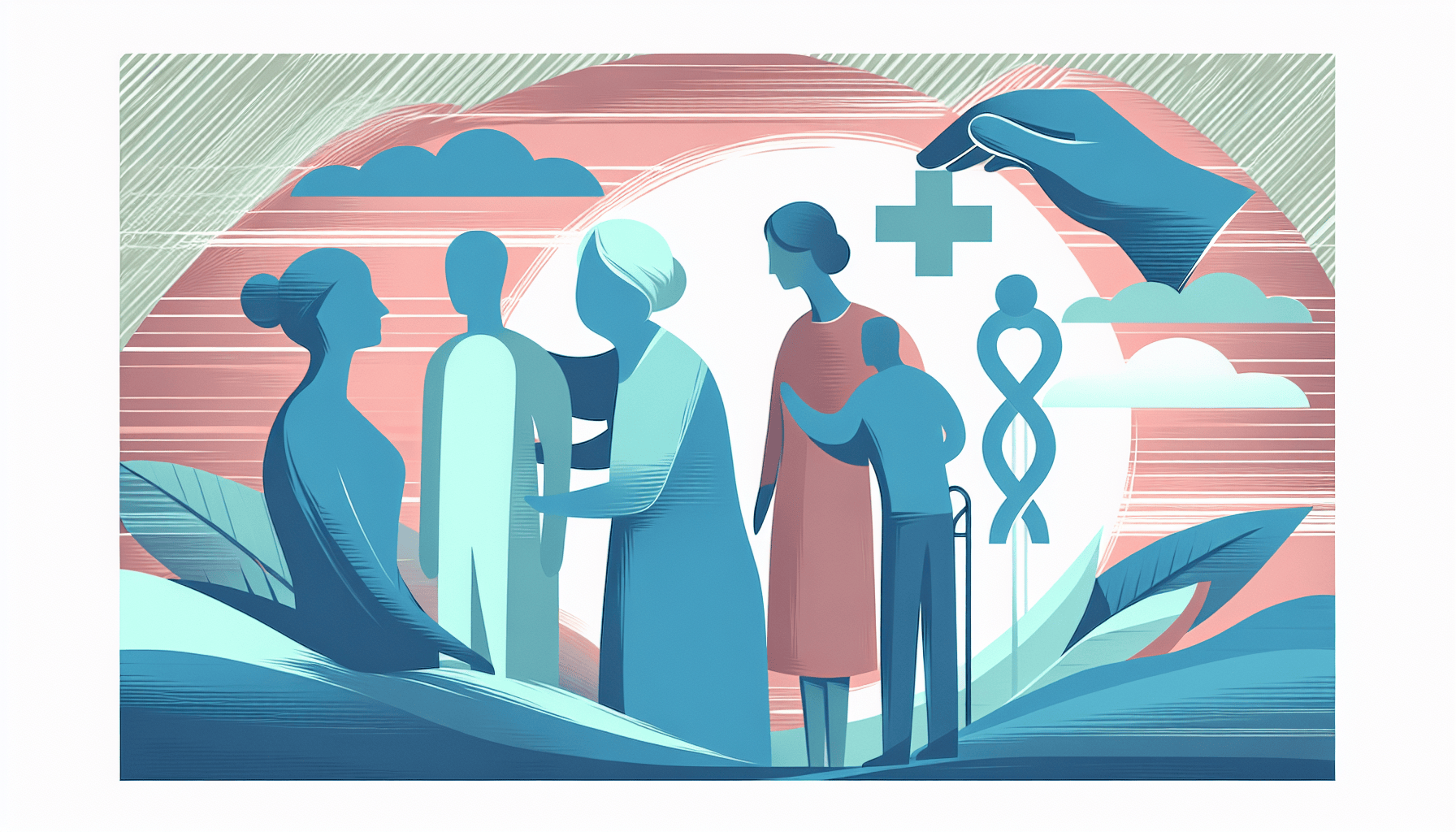Menopause Mood Swings
Menopause brings profound hormonal shifts extending far beyond hot flashes and irregular periods. As estrogen and progesterone levels decline, many women experience [...]
Read More
Medically reviewed by Oghenefejiro Okifo | MD, Harvard Medical School | Henry Ford Hospital - Detroit, MI on December 9th, 2024.
Nearly 53.4 million Americans provide unpaid care to family members, with 61% being women who spend an average of 24.4 hours per week on caregiving duties.
Adult day programs cost $78 per day on average and can provide 6-12 hours of supervised care, giving primary caregivers essential breaks while maintaining social engagement for care recipients.
Respite care services range from 2-4 hours of in-home relief to overnight stays, with many insurance plans covering up to 30 days annually when medically necessary.
Family caregivers experience depression at twice the rate of non-caregivers, with those caring for dementia patients showing the highest stress levels due to behavioral challenges and sleep disruption.
The National Family Caregiver Support Program provides up to $2,400 annually in services for caregivers over 60, including counseling, training, and temporary relief through local Area Agencies on Aging.
Caring for a loved one who is ill, elderly, or disabled can be a challenging and sometimes lonely experience. However, there are many resources and types of support available to help make caregiving easier. In this article, we'll explore some of the key services and professionals that caregivers can turn to for assistance.
Adult day services provide a range of support for individuals who need supervision or assistance with daily activities, health care, or social interaction. These programs typically offer:
Transportation
Nursing care
Meals
Personal care (e.g., help with bathing or toilet use)
Social opportunities
Rehabilitative activities
Most adult day services operate during normal business hours, with some offering evening and weekend hours.
Several types of professionals can provide in-home support for caregivers and their loved ones:
These trained aides can help with activities of daily living, such as bathing, dressing, and personal care. However, they cannot administer medications.
You can hire someone to help with meals, shopping, laundry, supervision, companionship, and transportation. Some may also provide personal care. Informal arrangements, such as a college student who lives in the home and provides help in exchange for rent, can be a good option.
Home health aides offer personal services like bathing and dressing, and may perform light housekeeping tasks.

Nutritious meals may be available through programs like Meals on Wheels or the federally funded Eating Together Program, which provides lunch and companionship at community centers. Senior centers, community groups, and religious organizations may also offer similar services.
Hospitals and health insurance plans sometimes assign case managers, often registered nurses or social workers, to oversee and coordinate health care. They help coordinate services, monitor progress, and communicate with the patient, caregiver, family, and healthcare providers.
Physical, occupational, and speech therapists can provide in-home therapy sessions to support the care recipient's rehabilitation and well-being.
Respite care workers offer caregivers a break from their duties, allowing them to rest, recharge, and attend to their own needs.
Some communities provide free or low-cost transportation to medical appointments for seniors or people with disabilities. Religious and community organizations, councils on aging, and senior centers may also offer transportation assistance.
For more information on caregiver support and resources, visit the Alzheimer's Association, United Way, or www.healthfinder.gov. Local agencies on aging, geriatric care managers, hospital case managers, and social workers can also provide guidance on available services and financial assistance options.
Remember, seeking help and support is a sign of strength, not weakness. By utilizing the resources available, you can provide better care for your loved one while also taking care of yourself. For more in-depth information and strategies, consider the Caregiver's Handbook, a Special Health Report from Harvard Medical School.
Effective caregiving requires building a support network that includes professional respite services, community resources, and family assistance to prevent burnout. Taking advantage of available programs and maintaining your own health isn't selfish—it's essential for providing quality long-term care. If you're experiencing overwhelming stress, exhaustion, or isolation from caregiving responsibilities, Doctronic can help you identify resources and support options in your area.
Menopause brings profound hormonal shifts extending far beyond hot flashes and irregular periods. As estrogen and progesterone levels decline, many women experience [...]
Read MoreLower back pain affects millions of people daily, whether from sitting too long at a desk, lifting heavy objects, or dealing with chronic conditions. While what causes lower [...]
Read MoreThe liver stands as one of your body's most hardworking organs, performing over 500 vital functions from detoxification to protein production. Yet liver disease often [...]
Read More